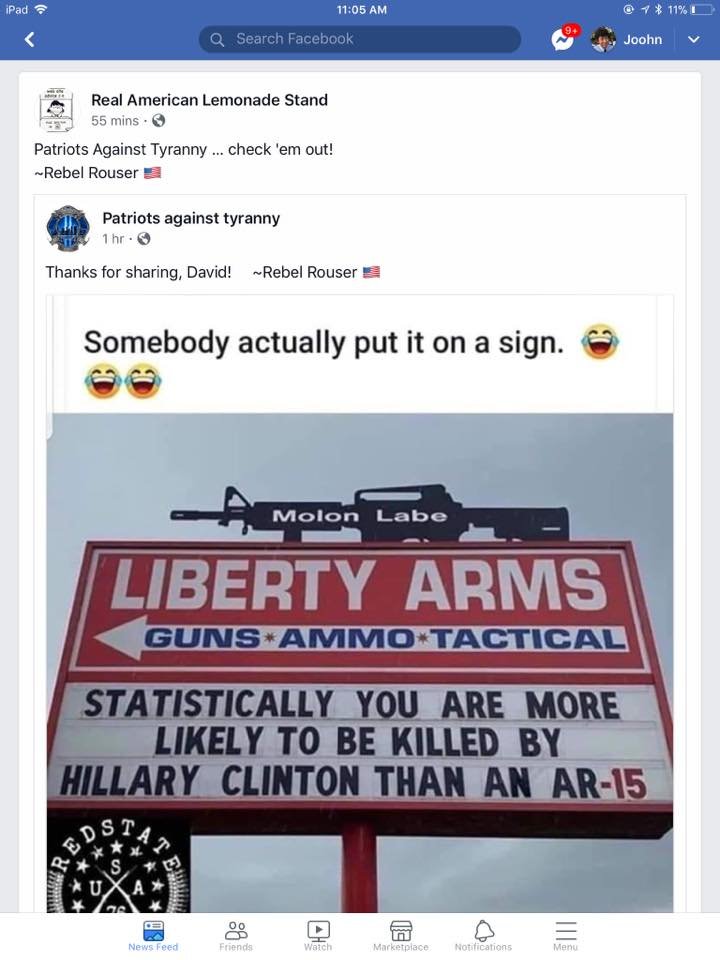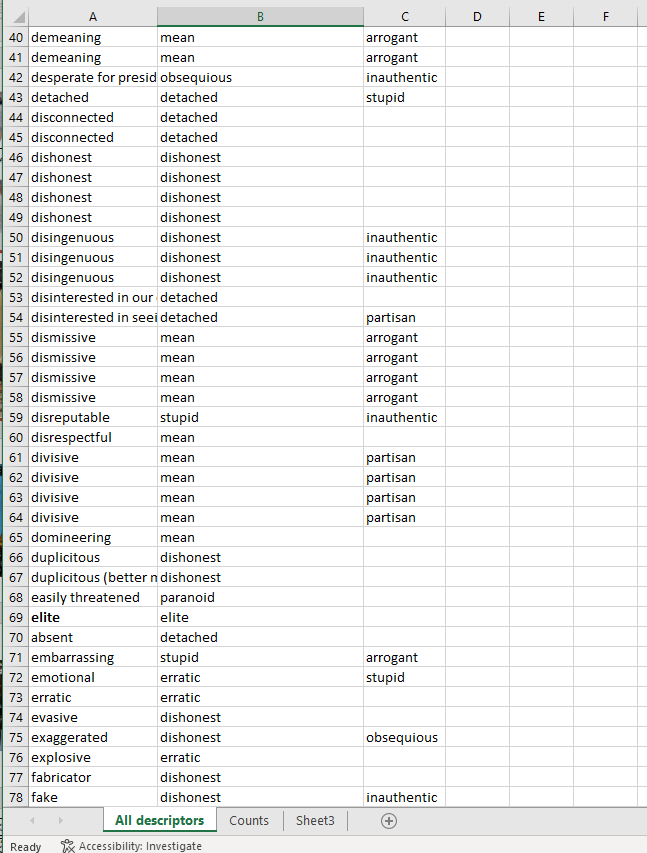
You've gotta be wary of frequency bias, but:
Is anyone else seeing "#Russophobe" used to slur high-profile members of #NAFO who make jokes about it?
So, OK: few things about that.
Start with the context for "#russophobia" as a joke and a dogwhistle.
angdraug.medium.com/russophobe-is-…
🧵
Is anyone else seeing "#Russophobe" used to slur high-profile members of #NAFO who make jokes about it?
So, OK: few things about that.
Start with the context for "#russophobia" as a joke and a dogwhistle.
angdraug.medium.com/russophobe-is-…
🧵

As some of the old hands in #NAFO are doubtlessly aware, "russophobia" is a recurrent disinfo theme, and this isn't the first time it's cropped up in the context of Ukraine.
So, here's @DFRLab (<-- follow them, we like them) talking about it in '18
medium.com/dfrlab/putinat…
So, here's @DFRLab (<-- follow them, we like them) talking about it in '18
medium.com/dfrlab/putinat…

Back in 2017, Brian Whitmore in RFE/RL traces Russophobia back to "19th-century Slavophile poet and diplomat Fyodor Tyutchev", and reinforces an exceptionalist, righteously-aggrieved victim narrative for Russia.
rferl.org/a/the-russopho…
rferl.org/a/the-russopho…
Russophobia is a central concept in justifying Russia's war on Ukraine, and it's intertwined with neo-Nazism. It goes back to a surprisingly antisemitic (like, what the fuck) Russian theorist, Shafarevich, on LTU senior lecturer Robert Horvath's account.
asiatimes.com/2022/07/putins…
asiatimes.com/2022/07/putins…

To summarize:
- "Russophobe" is a highly loaded term
- which is why people jokingly say they're Russophobes
- it's historically used by nationalists to slur their enemies
- people repeating & amplifying that are neither new nor meaningful
- "Russophobe" is a highly loaded term
- which is why people jokingly say they're Russophobes
- it's historically used by nationalists to slur their enemies
- people repeating & amplifying that are neither new nor meaningful
• • •
Missing some Tweet in this thread? You can try to
force a refresh





























